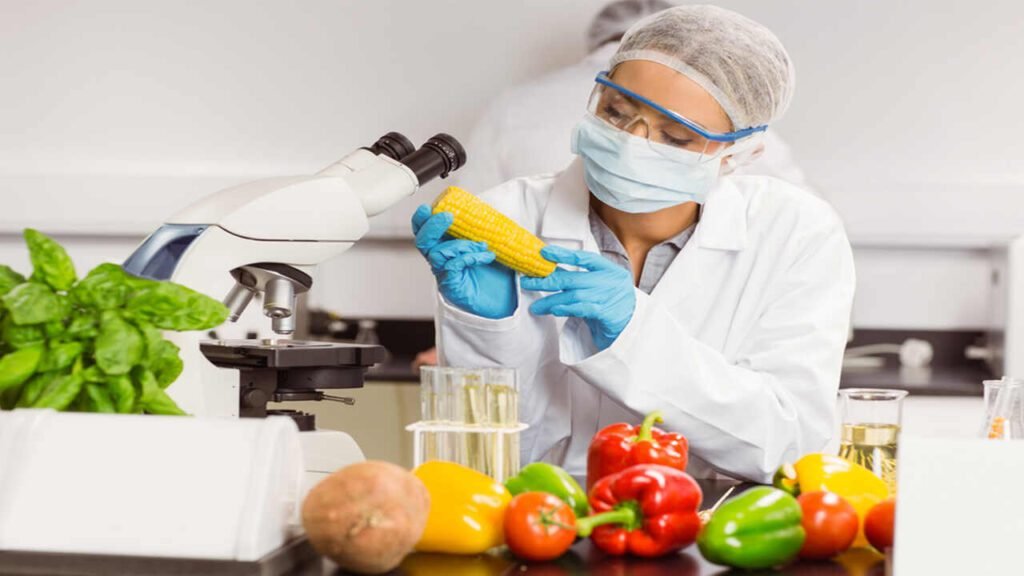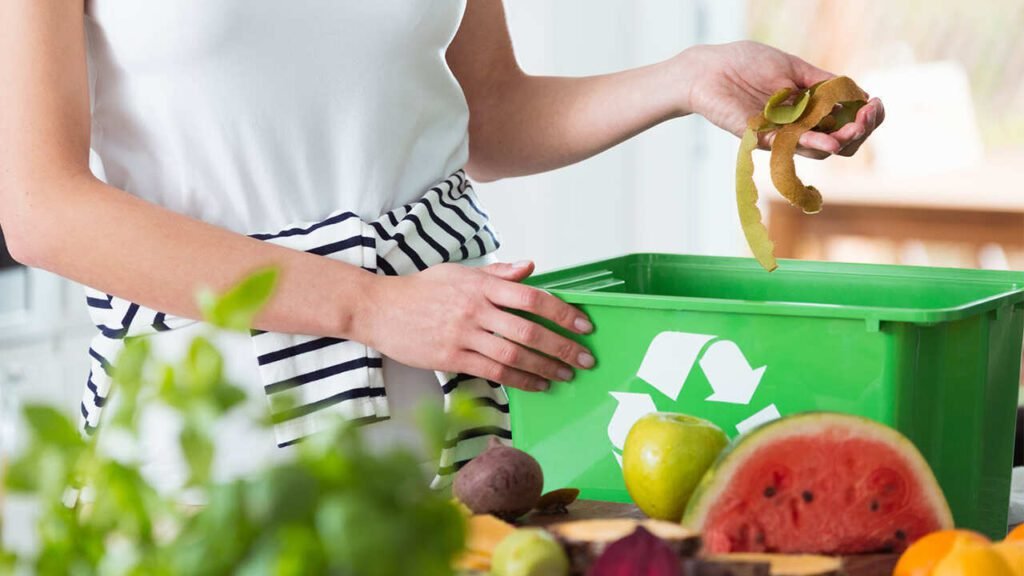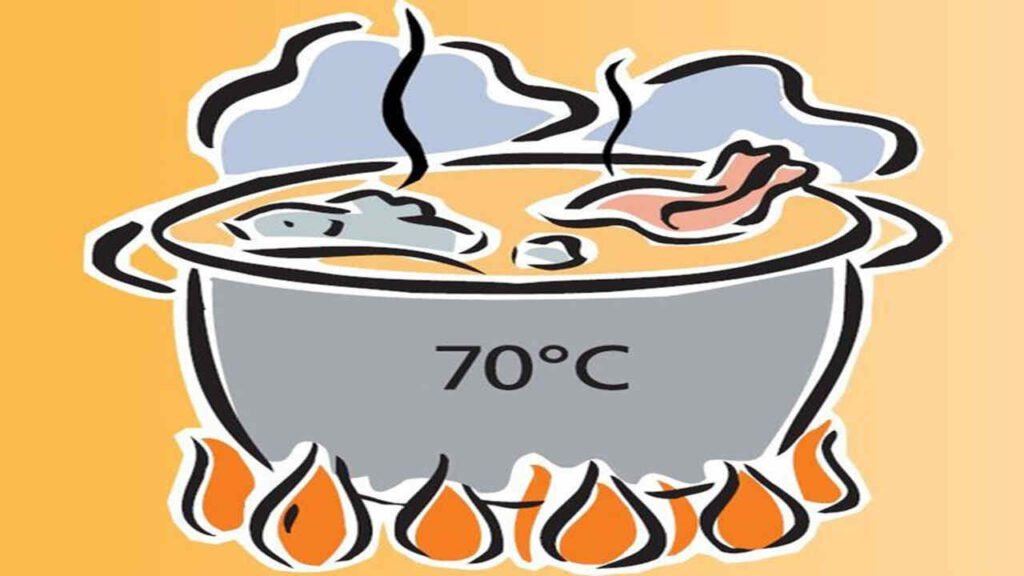Introduction
Food safety is of paramount importance, and recent events have highlighted the need for heightened vigilance. In light of concerns regarding listeria contamination, a recall has been issued for certain batches of frozen fruit. This article aims to provide comprehensive information about the recall, the potential risks associated with listeria and measures individuals can take to protect themselves and their families.
The Recall: Prioritizing Consumer Safety

In response to potential listeria contamination, a recall has been initiated for specific batches of frozen fruit. The recall is a proactive measure taken by manufacturers and regulatory authorities to safeguard consumer health. By swiftly addressing the issue, the responsible parties demonstrate their commitment to ensuring the highest standards of food safety.
Understanding Listeria: A Potential Threat
Listeria monocytogenes is a bacterium that can cause a serious illness called listeriosis. It is primarily found in soil, water, and some animals, including poultry and cattle. When contaminated food is consumed, individuals may experience flu-like symptoms such as fever, muscle aches, and gastrointestinal issues. While most healthy individuals can recover from listeriosis with minimal complications, certain groups, such as pregnant women, newborns, the elderly, and those with weakened immune systems, are at a higher risk of severe illness or even fatality.
Identifying the Affected Products
To ensure consumer safety, it is crucial to be aware of the frozen fruit products affected by the recall. Consumers should carefully check the packaging of their frozen fruit products for specific batch numbers and expiration dates. By comparing the information on the packaging with the recall notices provided by the manufacturers and regulatory authorities, individuals can quickly determine if their purchased products are included in the recall.
Taking Precautionary Measures: Safeguarding Your Health

While the recall is an important step in mitigating the risk of listeria contamination, individuals can also take proactive measures to protect themselves and their loved ones.
The following guidelines can help minimize the risk of listeriosis:
Check recall notices:
Stay updated with the latest recall notices issued by manufacturers and regulatory agencies to ensure you are aware of any potentially contaminated products.
Discard affected products:

If you have purchased frozen fruit products that are part of the recall, it is essential to discard them immediately. Do not consume or use them in any recipes, even if they appear unaffected.
Practice proper hygiene:
Wash your hands thoroughly with soap and water before and after handling food, especially when dealing with raw or potentially contaminated ingredients.
Cook food thoroughly:

When preparing meals, ensure that all food, particularly meat, poultry, and seafood, is cooked to the appropriate internal temperatures to kill any harmful bacteria.
Store food correctly:

Follow proper food storage guidelines, keeping perishable items refrigerated at the recommended temperatures and promptly freezing any food that is not intended for immediate consumption.
The Role of Regulatory Authorities: Ensuring Accountability

In cases of food recalls and safety concerns, regulatory authorities play a crucial role in overseeing the process and holding responsible parties accountable. These organizations work diligently to investigate the source of contamination, implement necessary measures, and provide the public with clear and concise information to guide their actions.
By closely monitoring the situation and working in collaboration with manufacturers and other stakeholders, regulatory authorities enforce strict standards and guidelines to prevent future incidents. They conduct thorough inspections, audits, and testing to verify compliance with food safety regulations.
In cases of food recalls, regulatory authorities take prompt action to notify the public about the affected products, providing clear and concise information through official channels. This ensures that consumers are aware of potential risks and can take appropriate measures to protect themselves.
Furthermore, regulatory authorities play a vital role in holding responsible parties accountable for any lapses in food safety. They may impose fines, penalties, or other legal measures to enforce compliance and discourage negligence in the food industry.
The involvement of regulatory authorities instills trust and confidence in the food supply chain, assuring consumers that necessary measures are in place to safeguard their health and well-being. Their continuous efforts contribute to a safer and more transparent food system, promoting accountability and driving improvements in food safety practices across the industry.
All in all
Food safety is a shared responsibility, and it is essential to remain vigilant in safeguarding our well-being. By staying informed about recalls, understanding the risks associated with listeria, and adopting proper food handling and hygiene practices, we can reduce the likelihood of exposure to harmful bacteria. Together, we can prioritize food safety and protect the health of ourselves and our communities.
Click here: truereviewmagazine.com










